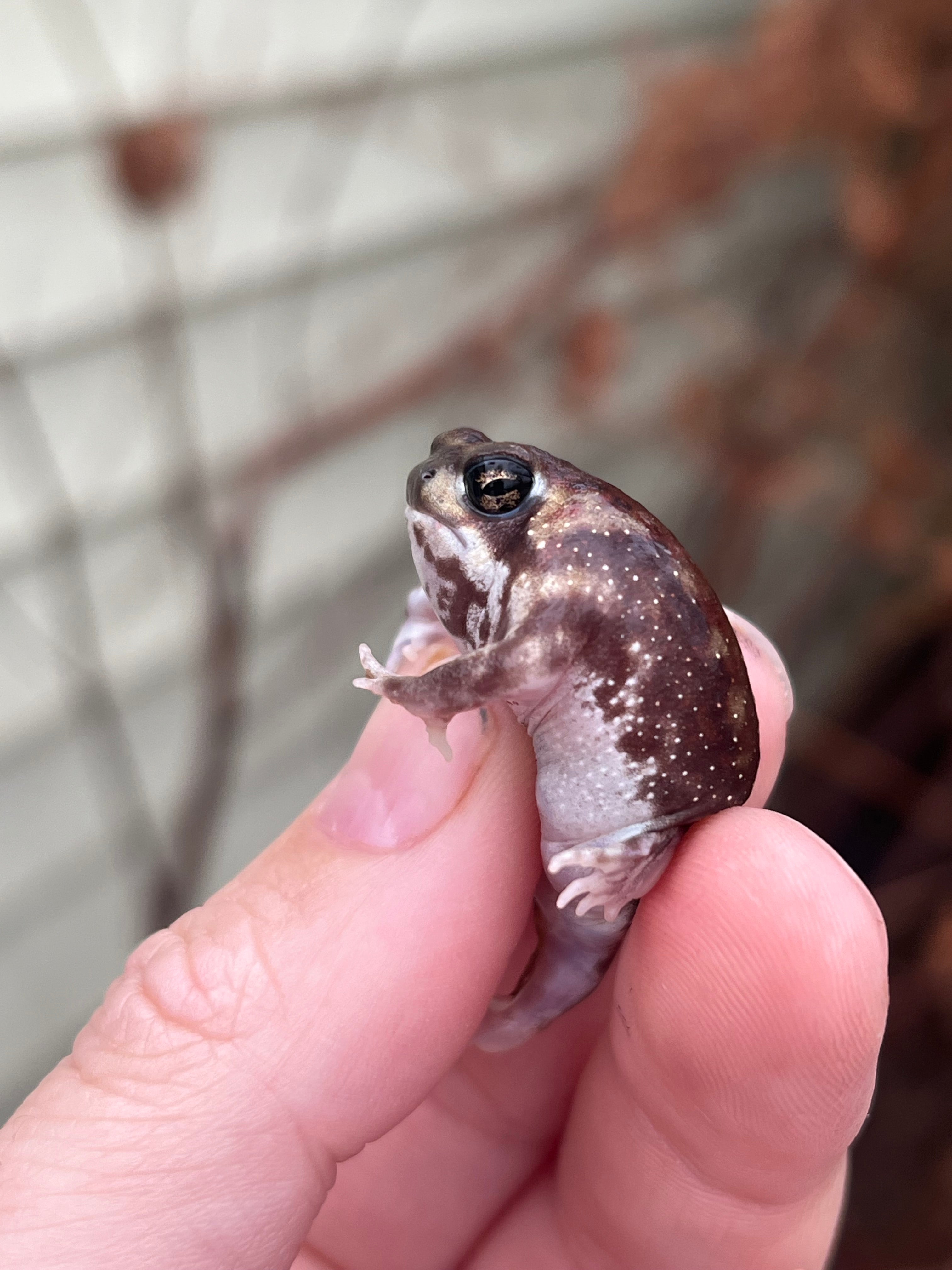Rain Frog for Sale: Open the Elegance of Nature with Your Own Amphibian Friend!
Rain Frog for Sale: Open the Elegance of Nature with Your Own Amphibian Friend!
Blog Article
Common Health Issues in Reptiles: Signs and Solutions
In the intricate globe of reptile treatment, recognizing the common wellness concerns that might impact these unique animals is critical in guaranteeing their wellness. Whether it's grappling with parasitic invasions, navigating dehydration worries, or attending to skin disorders that materialize in refined ways, being attuned to the signs and equipped with the understanding of reliable solutions is essential for any type of reptile proprietor.
Respiratory System Infections
Respiratory infections in reptiles can significantly impact their overall health and wellness and require prompt focus from seasoned vets. In reptiles, respiratory infections can be specifically testing to diagnose and treat due to their unique makeup and physiology.
Therapy for breathing infections in reptiles normally includes a mix of encouraging care, such as maintaining correct moisture levels and temperature slopes in the enclosure, along with targeted medicine to deal with the specific microorganism responsible for the infection. It is crucial for reptile proprietors to check their pet dogs carefully for any kind of signs of respiratory distress and look for vet treatment at the earliest indicator of an issue. With prompt intervention and proper treatment, several reptiles can recuperate completely from respiratory infections and return to normal activities.

Metabolic Bone Condition
What variables contribute to the development of Metabolic Bone Illness in reptiles?
Metabolic Bone Condition (MBD) in reptiles is primarily triggered by a lack of correct calcium, phosphorus, and vitamin D3 levels in their diet plan. In addition, inadequate exposure to UVB light protects against reptiles from synthesizing vitamin D3, which is vital for calcium absorption and bone health.
Other contributing aspects to MBD include improper temperature gradients within the reptile's environment, resulting in reduced metabolic process and damaged calcium absorption. Inadequate humidity levels can also influence a reptile's capacity to metabolize calcium properly. Furthermore, particular reptile species have particular dietary requirements that, if not satisfied, can enhance the probability of developing MBD. Routine veterinary check-ups, correct husbandry methods, and a balanced diet regimen are important to stop Metabolic Bone Illness in reptiles.
Parasitic Infestations
Parasitical invasions pose a considerable health and wellness risk to reptiles, influencing their overall well-being and calling for timely vet attention. Reptiles can be influenced by different parasites, including termites, ticks, interior worms, and protozoa. These bloodsuckers can cause a series of signs and symptoms, such as weight reduction, lethargy, skin irritability, looseness of the bowels, and even death if left untreated.
One usual parasite discovered in reptiles is the mite, which can cause skin irritation, anxiety, and anemia. Ticks are an additional exterior parasite that can create and transfer illness pain to the reptile. Inner parasites like worms and protozoa can cause digestive problems, poor nutrition, and damage the reptile's immune system.
To identify a parasitic problem, a veterinarian may carry out fecal tests, skin scrapings, or blood examinations. Therapy often includes deworming medicines, antiparasitic baths, or in serious cases, hospitalization. Preventative procedures such as normal veterinary check-ups, appropriate health, and quarantine procedures for brand-new like it reptiles can aid decrease the risk of parasitic infestations and guarantee the health of reptile pet dogs.
Dehydration and Hydration Issues
Dehydration in reptiles can considerably affect their health and wellness and health, demanding prompt intervention and proper hydration administration. Reptiles are susceptible to dehydration because of numerous aspects such as inadequate water intake, high environmental temperatures, and certain health problems. Signs and symptoms of dehydration in reptiles consist of sunken eyes, sleepiness, loss of skin elasticity, and lowered peeing. If left untreated, dehydration can result in major wellness concerns and also be fatal to the reptile.
To avoid dehydration, reptile owners need to ensure that their animals have access to tidy water whatsoever times. The water recipe must be large sufficient for the reptile to soak in if needed, particularly for species that soak up water with their skin. In addition, preserving proper humidity degrees in the reptile's room and providing routine bathrooms can assist avoid dehydration.
In situations of dehydration, it is essential to seek veterinary treatment without delay. A veterinarian might carry out liquids either orally or with shots to rehydrate the reptile. It is important to address the underlying reason of dehydration to stop reoccurrence and ensure the reptile's general health.
Skin Ailments

Verdict

Respiratory system infections in reptiles can significantly influence their general health and wellness and require punctual interest from skilled vets (rain frog for sale). Preventative procedures such as routine veterinary exams, appropriate health, and quarantine treatments for new reptiles can aid lessen the risk of parasitical invasions and ensure the health of reptile animals
If left neglected, dehydration can lead to major wellness problems and also be fatal to the reptile.
Frequently inspecting your reptile for any type of changes in skin appearance, shade, or texture can assist in early detection and therapy of skin ailments, advertising the overall wellness and health of your scaly buddy. - rain frog for sale
In verdict, reptiles are prone to different health problems such as respiratory system infections, metabolic bone disease, parasitic infestations, dehydration, and skin conditions.
Report this page